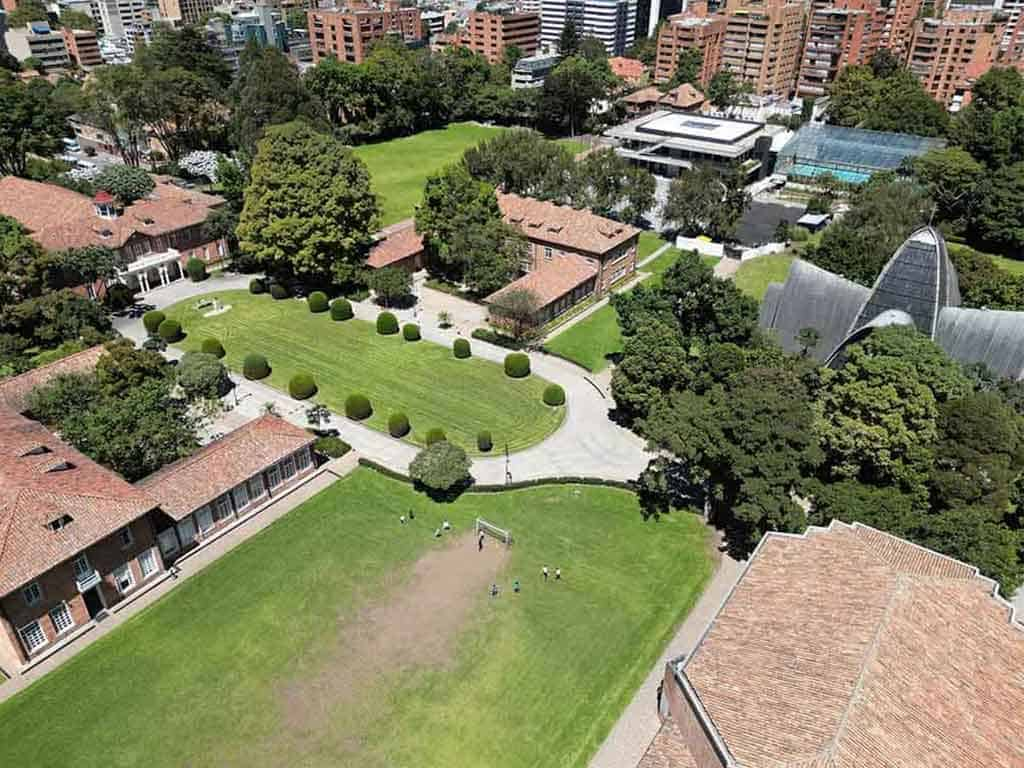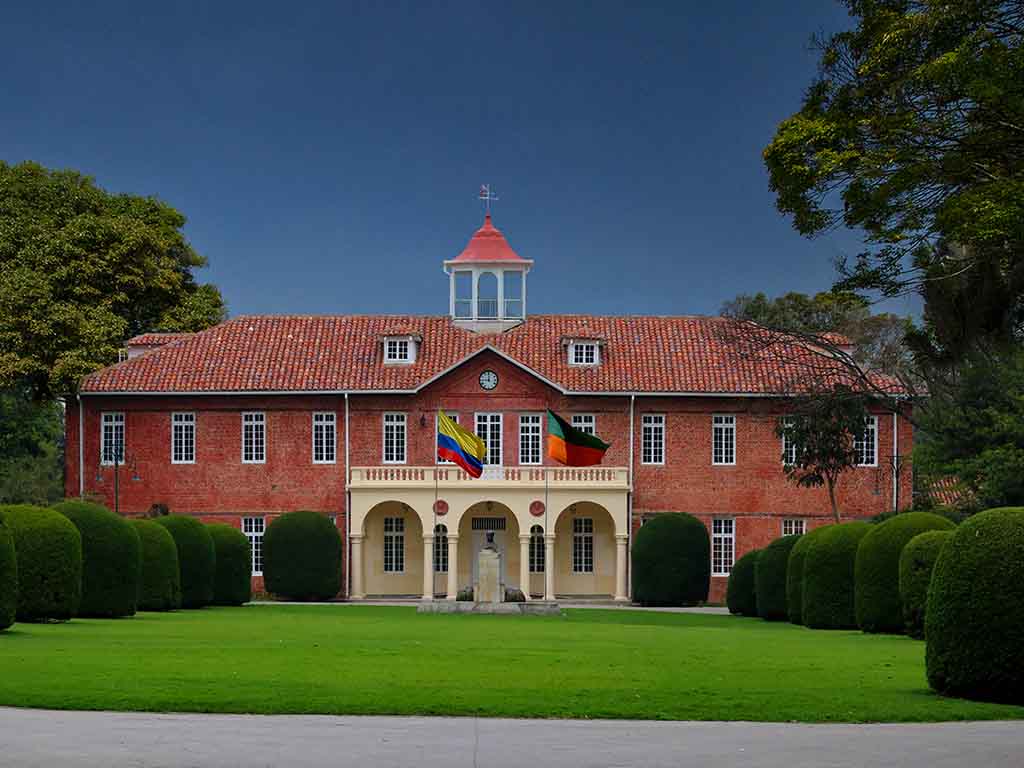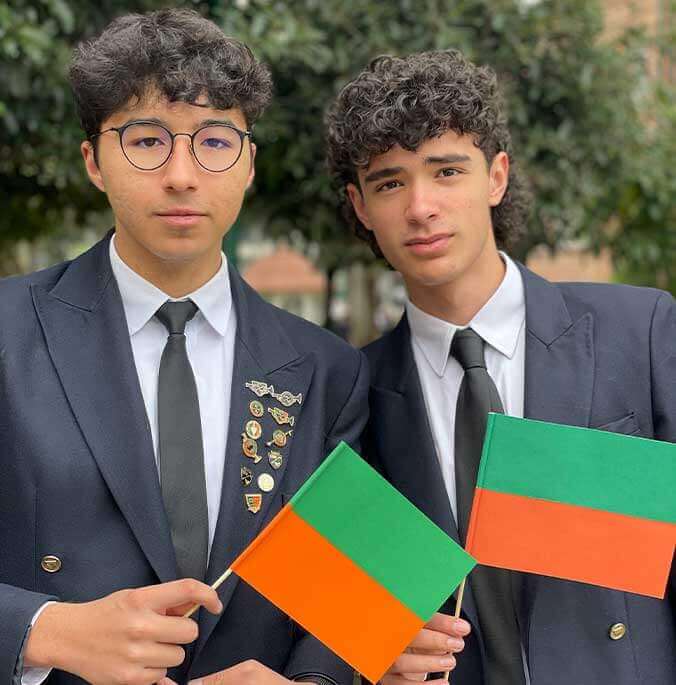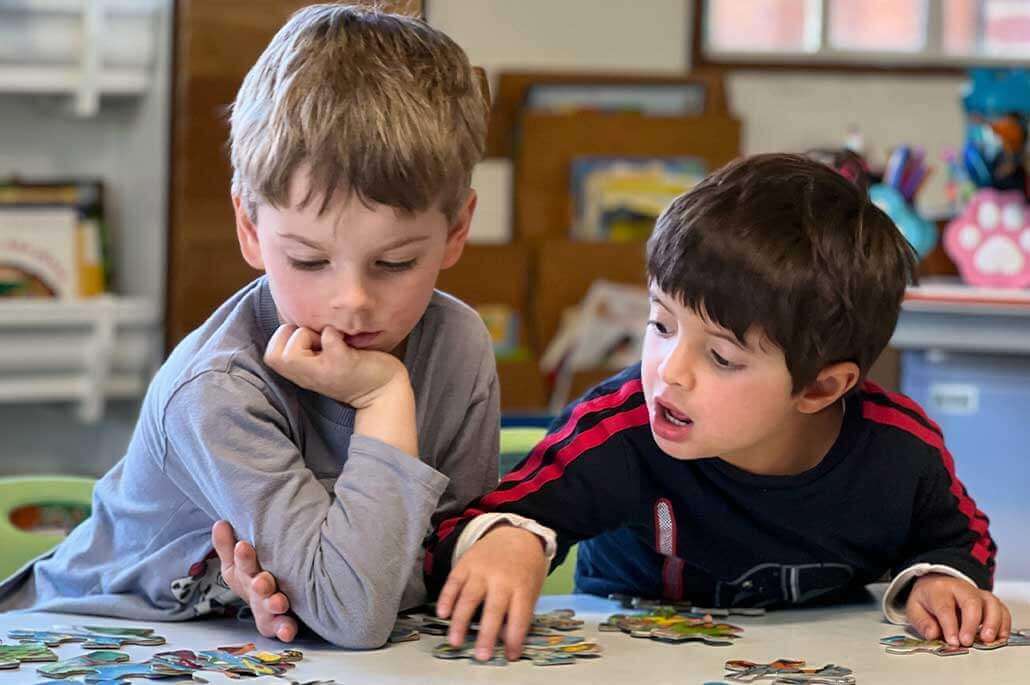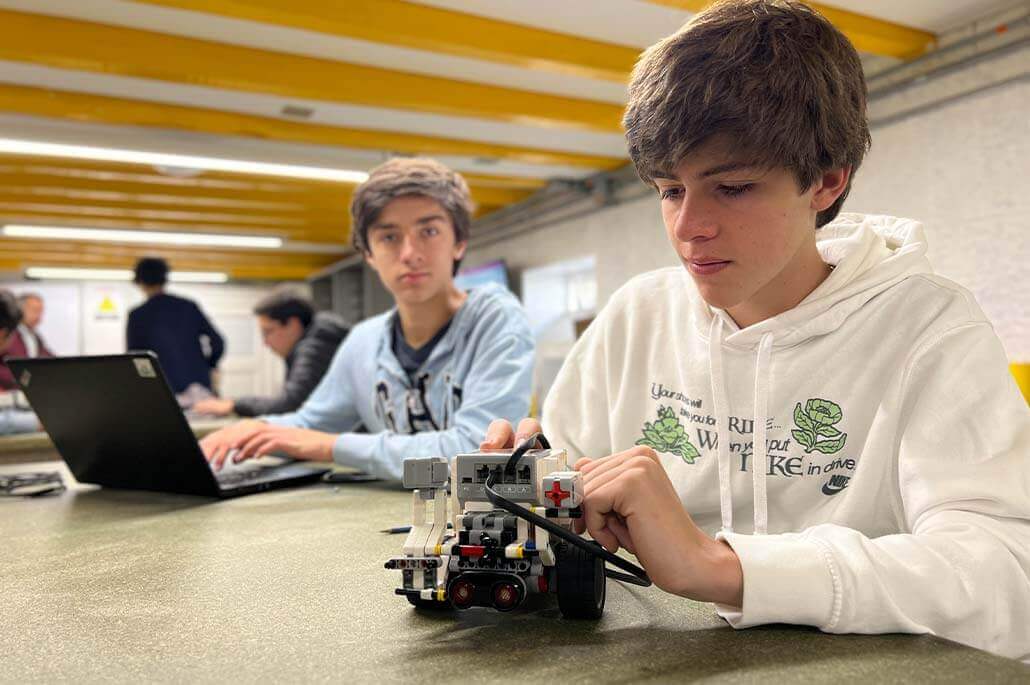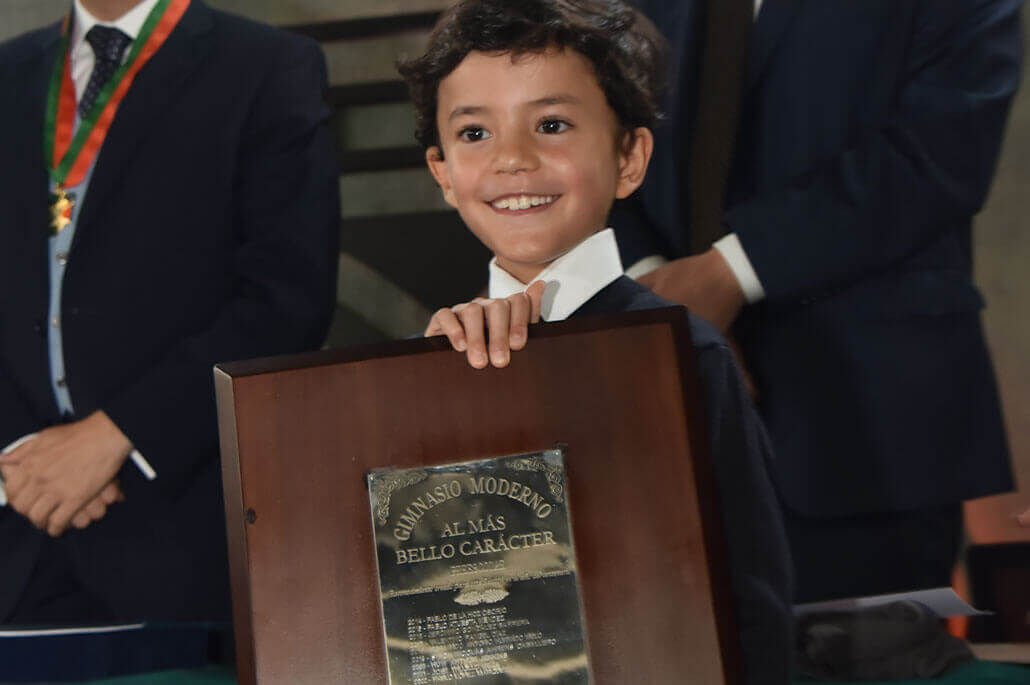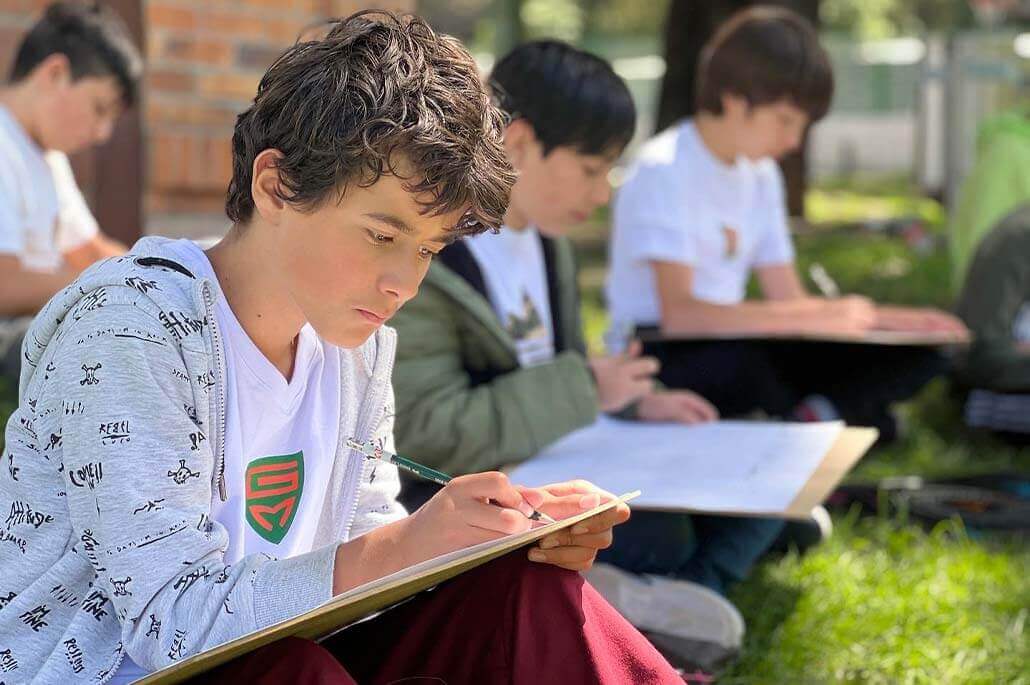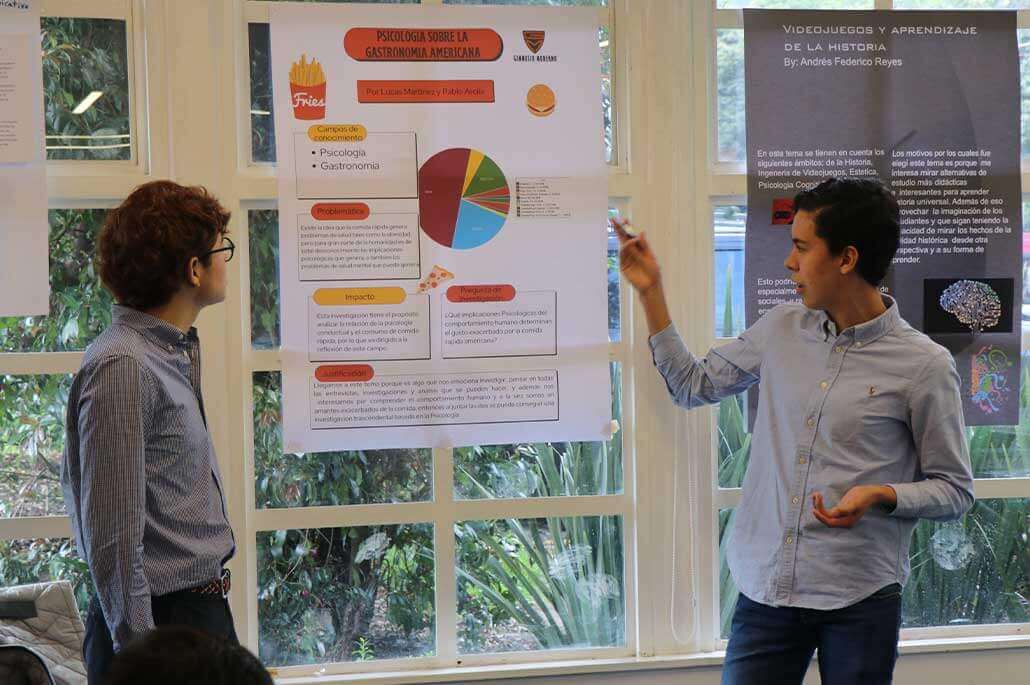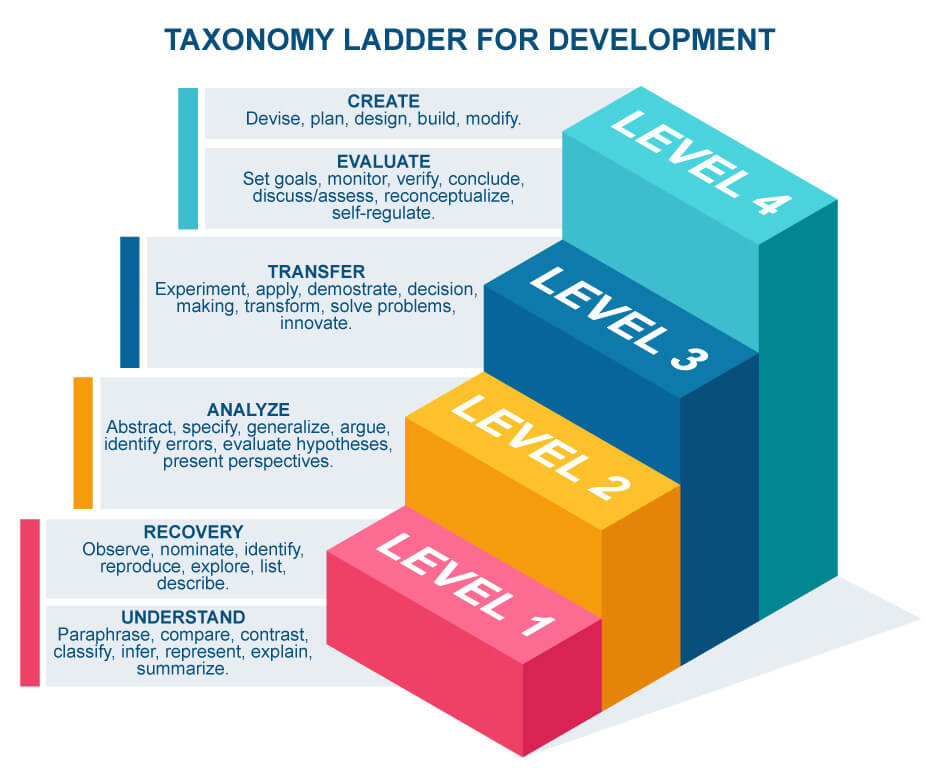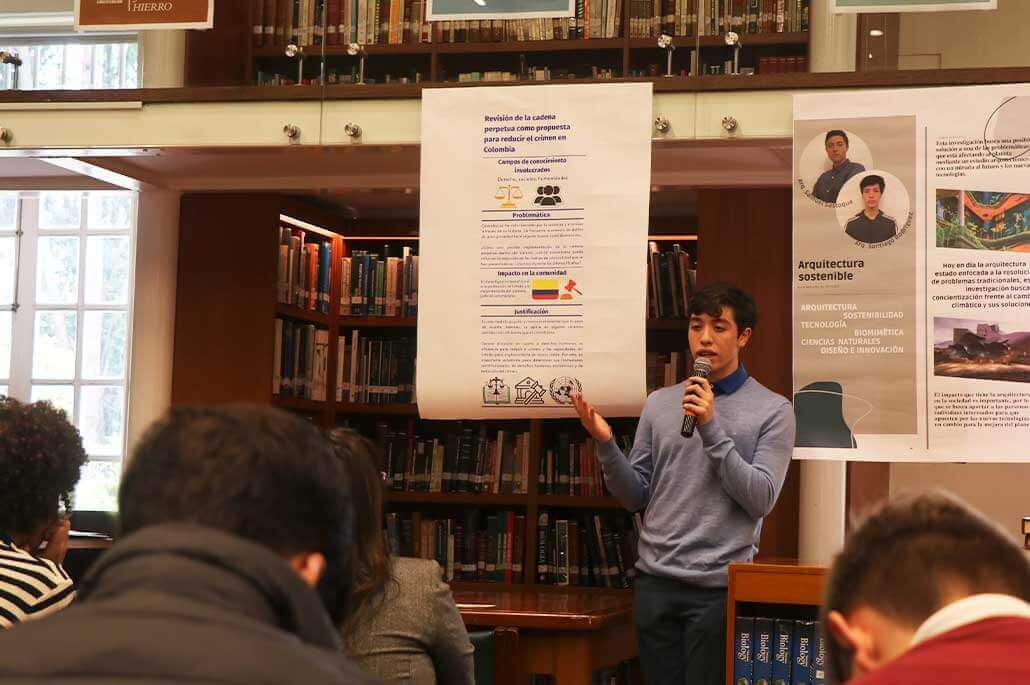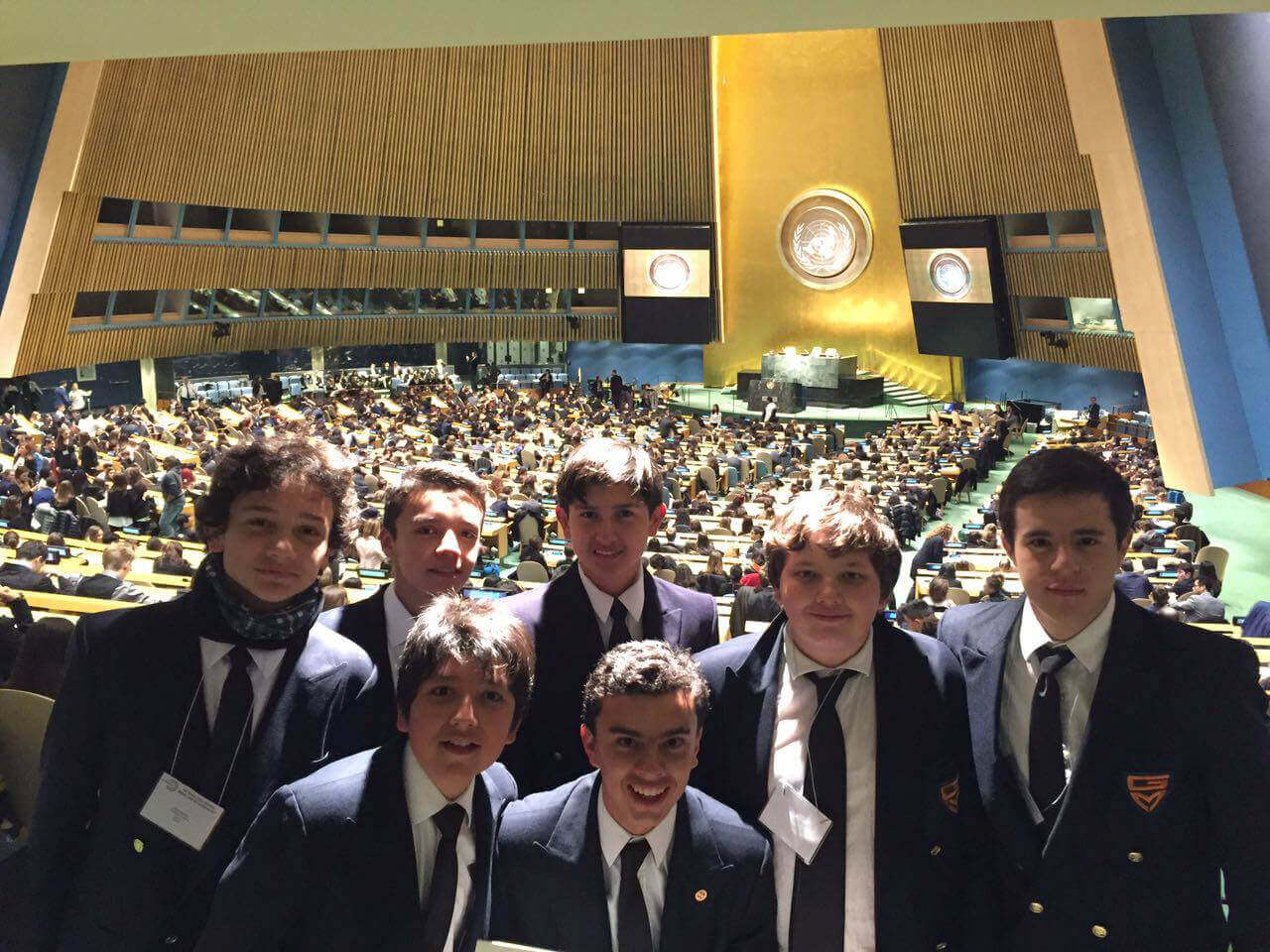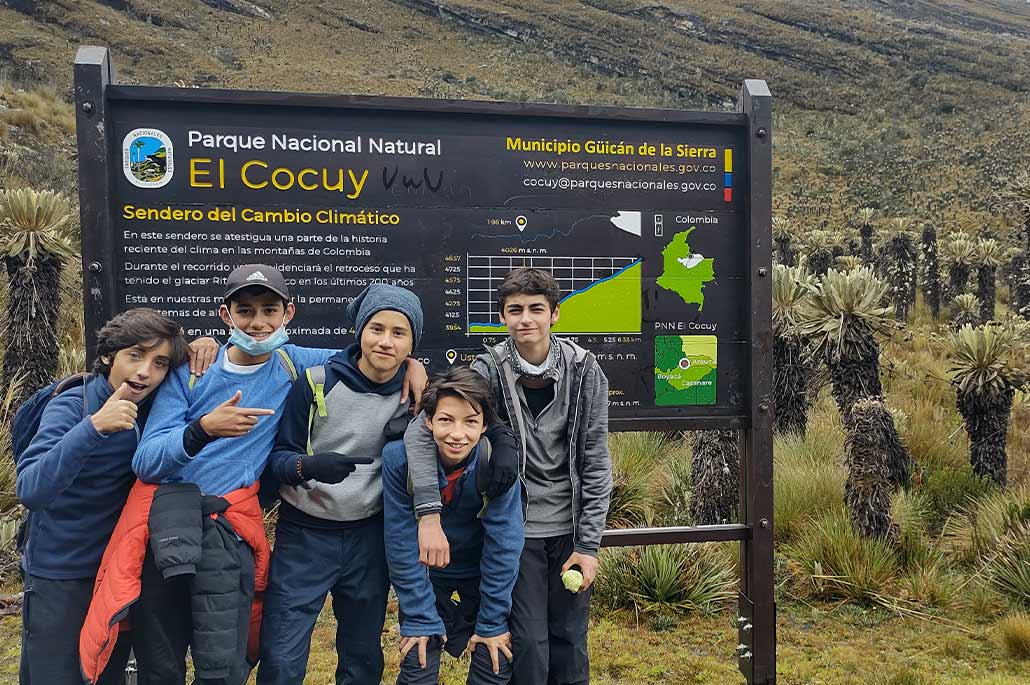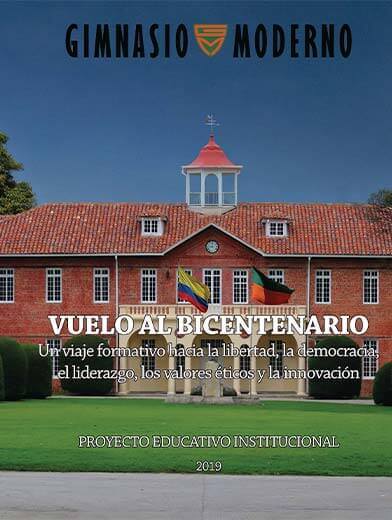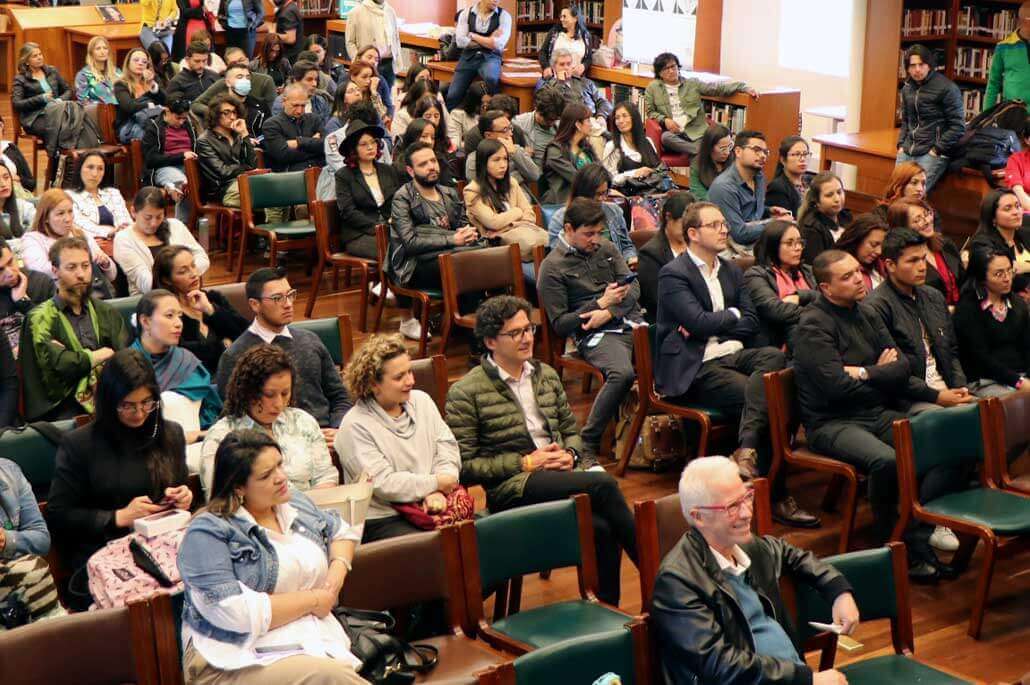The guiding statements express the pedagogical and humanistic philosophy, curriculum, and evaluation approach of both teachers and students at Gimnasio Moderno. They serve as the compass that guides the various actions of the stakeholders involved in this school. This pedagogical and humanistic philosophy was designed by the school’s founder, Agustín Nieto Caballero, over a century ago and remains relevant through the updating of these principles to the new educational environment we live in.
In this school with over a hundred years of existence and great recognition in Colombia, many of the country’s political, economic, cultural, and sports leaders have been educated, leaving a mark. Above all, Gimnasio Moderno has become a reference point for other educational institutions that observe it closely. The school symbolizes a culture, a way of being a child and a young person, of being a teacher in a particular historical context, of uniting a community where alumni and parents play a leading role. It is a beautiful place with trees and English-style buildings, located in the north of Bogota, considered a cultural heritage site by the Colombian State.
These guiding statements have been organized into 13 sections to provide readers with an overview of the major educational principles of Gimnasio Moderno. In the first five sections, we provide a summary of our educational identity, how we see ourselves, and what we aspire to be in the near future. We emphasize the model of the human being and society we want to build.
In sections six and seven, we focus on the students and describe the profile of the graduates we want to see leaving our classrooms. We also list the awards that our founder, Agustín Nieto Caballero, established to recognize and value students who leave a moral, self-improvement, and leadership imprint on the instruction.
The educational model and our vision of high-quality teaching and learning are presented in sections eight and nine. The explanations in these sections are important because they reveal the curricular DNA of Gimnasio Moderno and the clockwork of its daily functioning.
We also explain why the school decided to adopt the position of establishing school researchers, who question reality from preschool to grade 11. There are three curricular spaces where students develop investigative skills: Projects, PBL (Problem-Based Learning), and independent project research.
The last three sections address the perspective from which Gimnasio Moderno assumes a global citizenship stance, its understanding of Well-being, and summarize the guidelines of the Strategic Development Plan 2018-2023. Global citizenship competencies have been adapted from various UNESCO documents and, of course, from CIS. The well-being policy was defined during the pandemic period (2020-2021) and served as a key axis of emotional support for both students and teachers. The Development Plan is an ambitious proposal for changes over five years aimed at positioning the school at the forefront in terms of teacher training and infrastructure.



